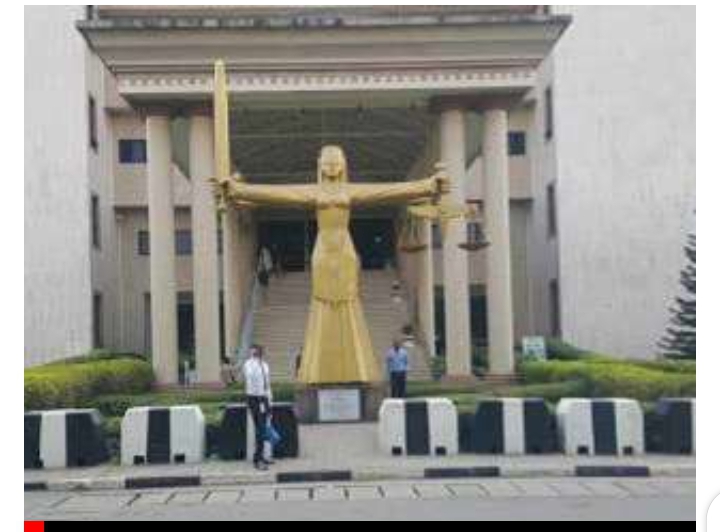A shocking investigation has revealed an elaborate scheme through which local government funds amounting to over N3 billion were systematically diverted through private accounts in Kogi State, raising serious concerns about financial accountability in the state’s governance structures.
According to financial records obtained from reliable sources, the funds, which were originally allocated for critical infrastructure development and payment of salaries across the 21 local government areas of the state, were meticulously channeled through a network of private accounts belonging to individuals with questionable connections to government officials.
The investigation shows that between January and September of last year, statutory allocations meant for local councils were first transferred to the Joint Account Allocation Committee (JAAC) as required by law, but subsequently moved to several private accounts through a series of suspicious transactions that bypassed standard financial protocols and oversight mechanisms.
A whistleblower, who spoke on condition of anonymity for fear of reprisals, revealed that the complex laundering scheme involved creating ghost projects and inflating contract sums. “What they did was to create non-existent projects, award contracts at inflated prices to companies owned by cronies, and then divert substantial portions of the funds to private accounts,” the source disclosed.
Financial analysts who reviewed the transaction patterns noted that the funds were systematically moved through multiple accounts within short periods, a classic money laundering technique designed to obscure the money trail and make it difficult for regulatory agencies to track the final destinations of the diverted funds.
When contacted, the Chairman of the Kogi State Association of Local Governments of Nigeria (ALGON), Ibrahim Danasabe, expressed shock at the allegations. “These are serious claims that require thorough investigation. If true, those responsible must face the full wrath of the law regardless of their positions or connections, he stated.
Anti-corruption agencies have reportedly launched preliminary investigations into the matter following petitions from concerned citizens and civil society organizations. A senior official from one of the agencies, who requested not to be named as he was not authorized to speak on the matter, confirmed receipt of substantial documentary evidence suggesting financial impropriety.
The scandal has sparked outrage among community leaders across the state.
Chief Okolo Ameh from Dekina Local Government lamented that while funds were being diverted, his community suffered from dilapidated roads, non-functional healthcare facilities, and schools without basic amenities.
Our people are suffering while few individuals enrich themselves with funds meant for development, he said.
Economic experts warn that this type of financial misconduct has far-reaching implications for local economic development. When funds meant for grassroots development are diverted, it perpetuates poverty, widens inequality, and stunts economic growth at the local level, explained Dr. Fatima Shehu, an economist at the Federal University Lokoja.
The State Commissioner for Local Government Affairs declined to comment specifically on the allegations but assured that the state government has zero tolerance for corruption and would support any legitimate investigation into the management of public funds.
As investigations continue, civil society organizations have called for an independent audit of local government finances in the state and the immediate suspension of officials suspected to be involved in the alleged fraud. The outcome of these investigations may well determine the future of local governance in Kogi State and potentially serve as a precedent for addressing similar issues across other states in Nigeria.
